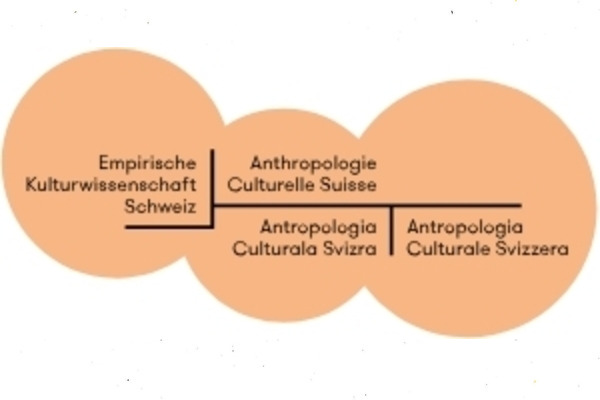
European Ethnology in Switzerland
David Zimmer comments on the change of name of the former “Schweizerische Gesellschaft für Volkskunde” (Swiss Society for Popular Traditions) to “Empirische Kulturwissenschaft Schweiz” (EKWS) in German and “Anthropologie Culturelle Suisse” (ACS) in French.
European Ethnology in Switzerland repositioned. A commentary
With a new name, the former “Schweizerische Gesellschaft für Volkskunde” (Swiss Society for Popular Traditions) adapts to the disciplinary evolutions of the last decades and tries to improve its identity as one of the two ethnological societies in Switzerland (the other one being the Swiss Anthropological Association). It is now called “Empirische Kulturwissenschaft Schweiz” (EKWS) in German and “Anthropologie Culturelle Suisse” (ACS) in French, and its vision consists in “bringing together all key players who conduct research on everyday and popular culture in Switzerland or communicate it to the general public” (www.ekws.ch). Remarkably, scientific laypersons, traditionally an important member category, aren’t mentioned explicitly neither in the new vision nor in the mission statement.
The renaming of the society, which was founded in 1896 by Eduard Hoffmann-Krayer, reflects the repositioning of the two university institutes at Basel and Zurich closely linked to the society: Both left behind the term “Volkskunde”, that increasingly turned out to be a burden, already twenty years ago and changed their institutional names to “Seminar für Kulturwissenschaft und Europäische Ethnologie” (Basel) and “Institut für Populäre Kulturen” (Zurich; incorporated in the “Institut für Sozialanthropologie und Empirische Kulturwissenschaft” in 2014). The respective BA and MA study programs have been labeled “Kulturanthropologie”, “Populäre Kulturen” and “Empirische Kulturwissenschaft”.
The situation is complicated by the notorious Germanophonic dichotomy between European Ethnology (formerly “Volkskunde”) on one side and Ethnology / Social Anthropology (formerly “Völkerkunde”) on the other side. At the university of Basel, for instance, the above-mentioned institute for European Ethnology is doubled by a second institute, this time for Social Anthropology. The impact of this disciplinary opposition, however, is limited primarily to the German speaking parts of Switzerland. As the SIEF interactive online map of higher education locations shows, there are two more institutes that do research and offer study programs in “Europeanist Anthropology” in Fribourg and Neuchâtel; but at these two mainly French speaking universities, European Ethnology and Social Anthropology are merged and do not form separate units.
Since the former Swiss Society for Popular Traditions, now EKWS, in the past never really succeeded in crossing the “Röstgraben” (cultural border between the German and the French speaking areas of Switzerland) and still seems to be rather dominated by the German language and disciplinary tradition, the renaming and repositioning of the society might result in somehow paradoxical effects: On the one hand, the programmatic “cultural turn” potentially blurs the borders to neighboring subjects such as Cultural Studies and Cultural Anthropology and thus minimizes the inherited disciplinary dichotomy. On the other hand, the (re-) alignment of the German society’s name with analogous scientific societies in Germany (Deutsche Gesellschaft für Empirische Kulturwissenschaft) and Austria (Österreichische Gesellschaft für Empirische Kulturwissenschaft und Volkskunde) could also be understood as a further transnational orientation across national borders towards other German speaking communities and therefor as an additional drifting-away from French speaking scientific communities and traditions within Switzerland.
David Zimmer, Bern




